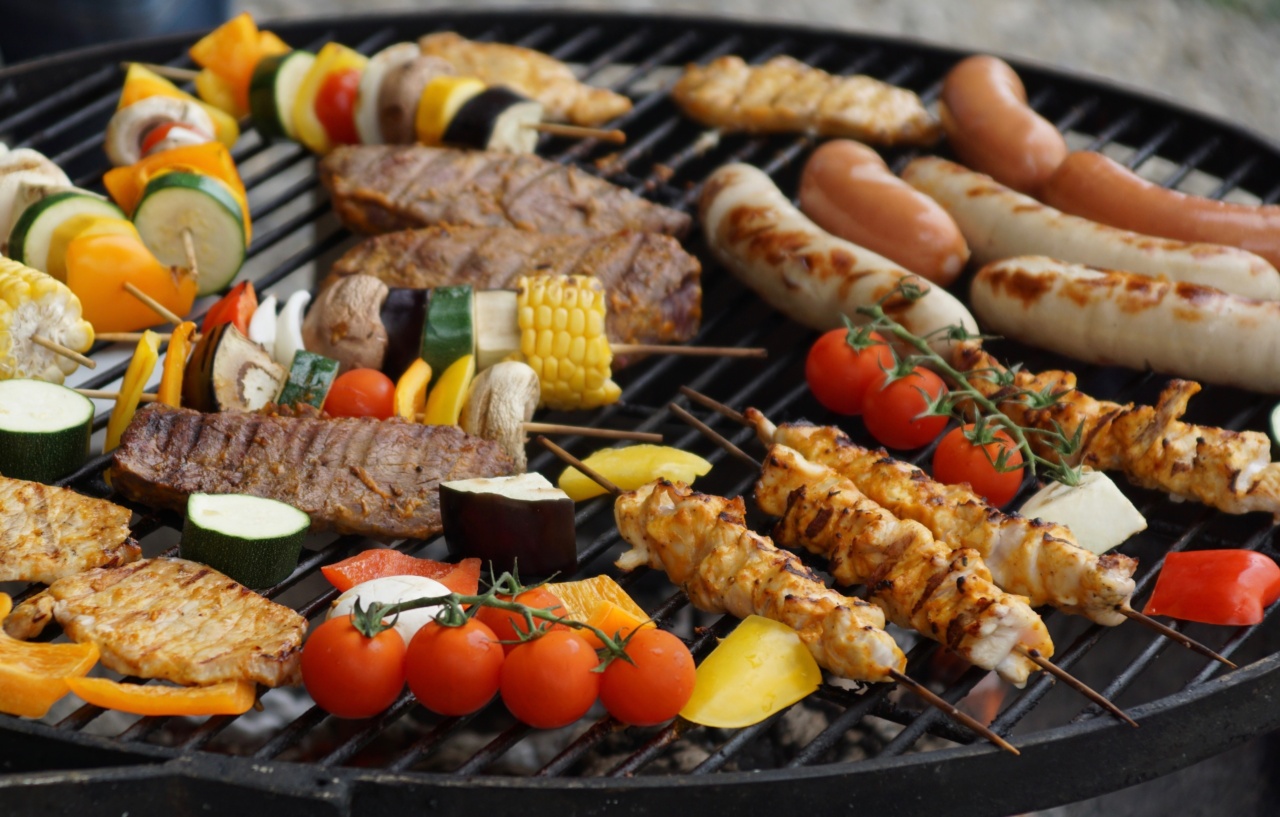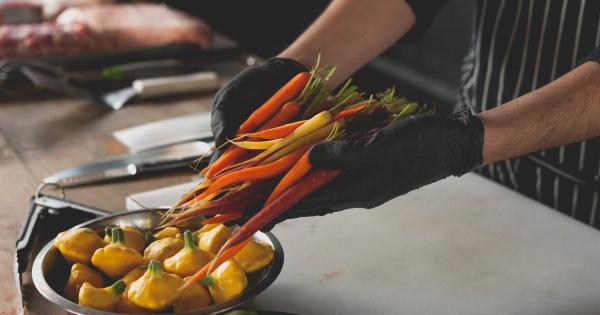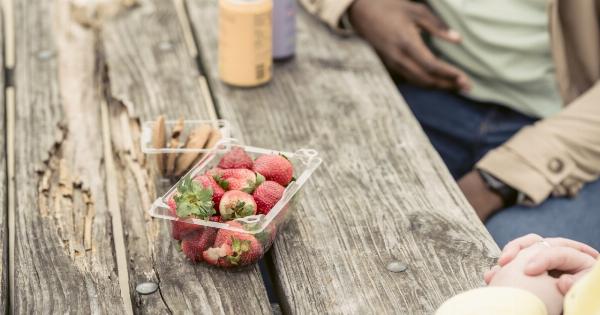Chicken is a popular and versatile protein that can be found in countless recipes worldwide. However, there is an ongoing debate about whether or not it is necessary to wash chicken before cooking it.
While many people believe that washing chicken helps to remove bacteria and reduce the risk of foodborne illnesses, food safety experts strongly advise against this practice. In fact, washing chicken before cooking can actually increase the likelihood of cross-contamination and pose a greater risk to your health.
The spread of bacteria
One of the main concerns associated with washing chicken is the potential spread of bacteria.
When chicken is washed under running water, the water droplets can splash and aerosolize bacteria, spreading it to nearby surfaces such as countertops, utensils, and even your clothing. This cross-contamination can lead to the transfer of harmful bacteria like Salmonella or Campylobacter onto other foods or kitchen surfaces, increasing the risk of foodborne illnesses.
Studies have shown that even after washing chicken thoroughly, a significant number of bacteria can still remain on the surface of the meat.
These bacteria may not be easily washed off, and the additional rinsing step can spread the bacteria further, making it more difficult to eliminate them completely.
The role of cooking temperatures
Cooking chicken thoroughly is the most effective way to kill any bacteria present, including Salmonella and Campylobacter. These bacteria are typically found on the surface of raw chicken and can be easily destroyed by proper cooking techniques.
The optimal internal temperature for cooking chicken is 165°F (75°C), as recommended by the Food Safety and Inspection Service (FSIS).
Washing chicken before cooking can give a false sense of security. It may lead to undercooking the chicken, as the water used during the rinsing process can lower the surface temperature of the chicken.
This can result in uneven cooking, leaving some parts of the meat undercooked and potentially unsafe to consume.
Effective food handling practices
Instead of washing chicken before cooking, food safety experts recommend following a few key steps to ensure safe handling and cooking of chicken:.
1. Keep chicken refrigerated:
Raw chicken should be stored at temperatures below 40°F (4°C) to slow down bacterial growth. It is essential to refrigerate chicken promptly after purchasing it and to consume or freeze it within a few days.
2. Separate raw chicken:
Raw chicken should be stored separately from other foods. This prevents the potential cross-contamination of bacteria from raw meat to other ingredients or ready-to-eat foods.
It is advisable to use separate cutting boards, utensils, and plates for raw chicken.
3. Proper cooking techniques:
All poultry, including chicken, should be cooked thoroughly to destroy any harmful bacteria. Using a food thermometer to check the internal temperature of the chicken is crucial.
Ensure that the thickest part of the chicken reaches a minimum temperature of 165°F (75°C).
4. Practice good hygiene:
Regularly washing hands with soap and water before and after handling chicken is essential. This helps to minimize the risk of spreading bacteria to other surfaces or foods.
Utensils, cutting boards, and countertops should also be thoroughly washed with hot, soapy water after handling raw chicken.
5. Be aware of cross-contamination:
When handling raw chicken, it is crucial to avoid contact between the raw meat and other foods that are not going to be cooked, such as salads or sandwich fillings.
This can be achieved by using separate utensils and ensuring thorough cleaning of surfaces that come into contact with raw chicken.
Misconceptions about washing chicken
Despite the warnings from food safety experts, the practice of washing chicken before cooking remains prevalent in many households. This could be due to a few common misconceptions surrounding the issue:.
1. Removing visible dirt:
Some people believe that washing chicken helps to remove visible dirt or contaminants from the surface.
However, cooking chicken at the recommended internal temperature of 165°F (75°C) effectively kills any bacteria present, while washing alone is not sufficient to eliminate them.
2. Reducing foodborne illnesses:
Another misconception is that washing chicken before cooking reduces the risk of foodborne illnesses.
While proper cooking techniques and safe food handling practices are crucial in preventing foodborne illnesses, washing chicken does not significantly contribute to this effort. It is the cooking process itself, reaching the right internal temperature, that eliminates harmful bacteria.
3. Cultural habits:
In some cultures, washing chicken before cooking is part of traditional food preparation practices. However, it is important to adapt cultural habits to align with current scientific knowledge about food safety.
Food safety guidelines should always be prioritized to reduce the risk of bacterial contamination and subsequent illnesses.
Conclusion
Food safety experts unanimously discourage the practice of washing chicken before cooking. Rather than reducing the risk of foodborne illnesses, washing can actually increase the potential for cross-contamination and the spread of harmful bacteria.
The best way to ensure the safety of chicken is through proper handling, storage, and cooking techniques. By following guidelines such as refrigerating raw chicken, using separate utensils, and cooking to the recommended internal temperature, you can enjoy delicious and safe chicken meals while minimizing the risk of foodborne illnesses.




























